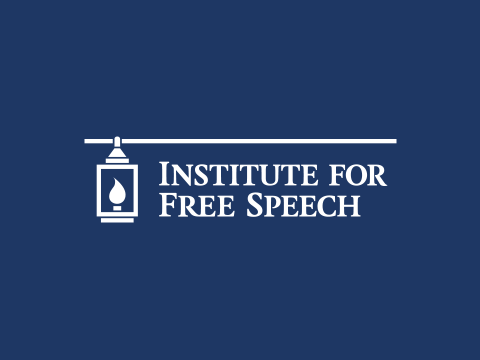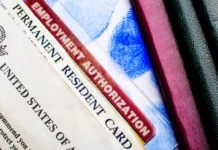The Institute for Free Speech filed an amicus brief with the U.S. Supreme Court late yesterday urging the Court to review California’s demand that all charities soliciting in the state provide a list of their major donors’ names and addresses to the Attorney General. The brief explains that the Ninth Circuit Court of Appeals erred in applying campaign finance precedent to groups that do not engage in electoral advocacy.
“The Supreme Court has consistently struck down donor disclosure mandates for groups that do not tell people how to vote. Americans have the right to privacy, both as individuals and when they join together in support of a cause,” said Institute for Free Speech Legal Director Allen Dickerson.
The case began when then-Attorney General Kamala Harris issued a flurry of demands to nonprofit organizations soliciting funds from Californians to report the names and addresses of donors who give $5,000 or more in a year. Americans for Prosperity Foundation (AFPF), a 501(c)(3) nonprofit, filed a lawsuit to defend the privacy of its supporters. The Institute for Free Speech also filed a separate lawsuit against Attorney General Harris in 2014, which remains ongoing.
On March 29, the Ninth Circuit Court of Appeals upheld the state’s demand for AFPF’s donor information. The majority decision, however, applied campaign finance precedent in a case brought by a charity, which federal law bans from electioneering. The Institute’s brief explains that the Supreme Court has purposefully limited the scope of donor disclosure requirements to avoid infringing on the rights of non-electoral groups.
The brief notes that the “general doctrine protecting Americans’ right ‘to pursue their lawful private interests privately and to associate freely with others in so doing,’ is longstanding” and that the “Court accepted limited donor disclosure in the campaign context only after it was presented with a substantial record that suggested that such disclosure was essential to preventing official corruption and providing the electorate with information about the financial constituencies of candidates for office.”
“[A]s this case demonstrates, the narrow exception to the First Amendment fashioned in the campaign finance cases has begun to leak into other First Amendment matters. The Court ought to grant certiorari so that it may hold that outside of that limited context, the pre-Buckley presumption that donor disclosure regimes are unconstitutional still reigns,” the brief explains.
The case is Americans for Prosperity Foundation v. Becerra. The same brief was filed in a companion case, Thomas More Law Center v. Becerra.
To read the Institute’s brief, click here. For more information about the case, click here.
















